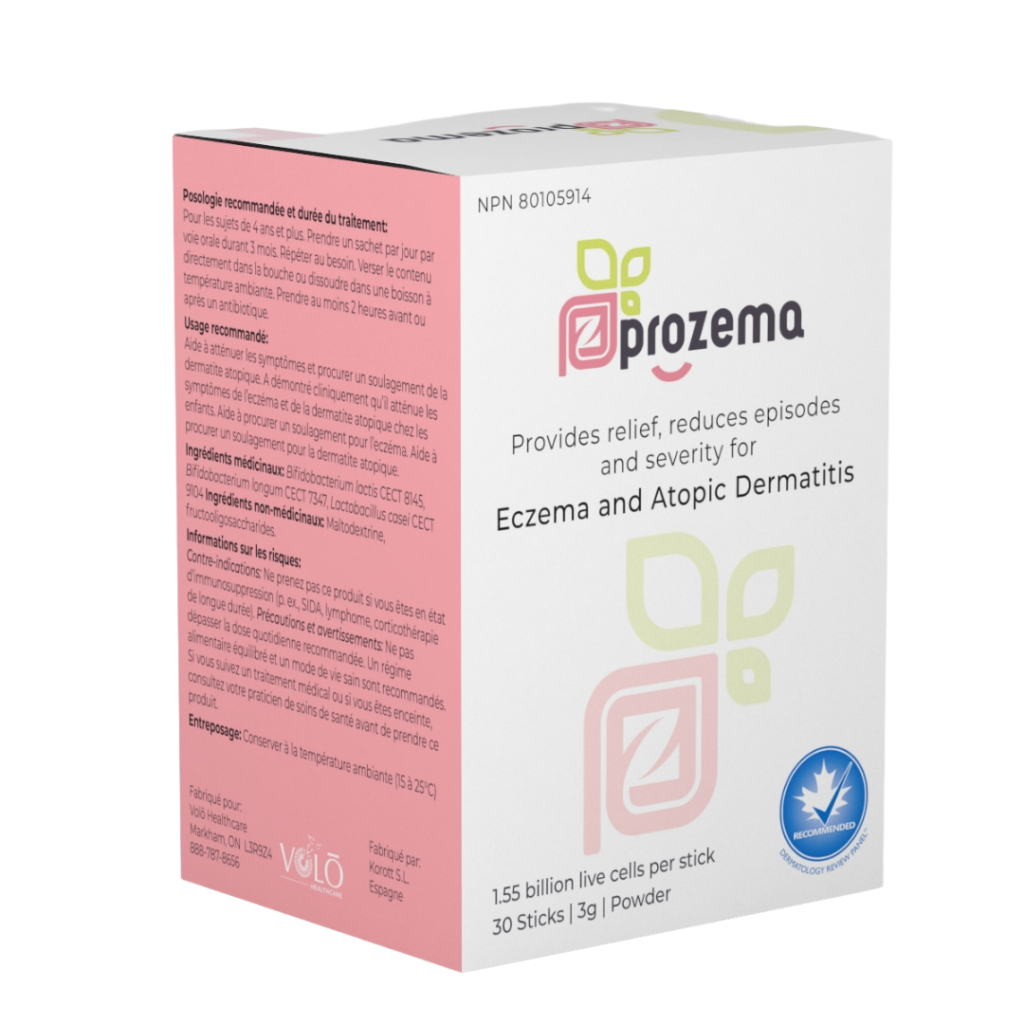
Probiotics For Kids
Probiotics | Probiotic Benefits | Probiotics For Children | Supplements For Children | Probiotics For Eczema
What Are Probiotics?
The World Health Organization defines a probiotic as live microorganisms that confer a health benefit on the host when administered in adequate amounts. In recent years, there has been an increasing amount if research in probiotics and the role they play in our bodies. Not only is there an interest in how probiotics may work for adults, probiotics for kids is also an expanding area of interest.
As technologies have improved, so has the ability of scientists to examine probiotics and the environments in which they exist. Researchers are also looking at the role probiotics may play in the progression and treatment of many diseases.
Benefits Of Probiotics
When examining the benefits of probiotics, it is important to understand the microbiome. A microbiome is an ecosystem of bacteria, viruses, and fungi.
In your body there are several places that contain a microbiome. Some of these places are:
- The gut
- The skin
- The eyelids
The bacteria, viruses, and fungi in a microbiome can play either a good or a bad role within it. Ideally, your microbiomes should be balanced, with a high diversity of microorganisms.This state is called eubiosis.
When a microbiome becomes unbalanced, it is in dysbiosis, and this state can lead to a variety of symptoms in your body.
Probiotics play a beneficial role in balancing your microbiome. Research also shows that specific strains of probiotics go a step further. Not only do probiotics help to balance your microbiome, specific strains of probiotics confer different health benefits.

Probiotic Foods For Kids
Now that you know about probiotics and the beneficial role they play in your body, the next question is: where can you get probiotics?
Probiotics are present in many of the foods we eat. Some of these are:
- Yogurt
- Soft cheeses
- Pickles
- Dark chocolate
- Buttermilk
- Kefir
- Sauerkraut
- Kimchi
- Apple cider vinegar
- Kombucha
- Tempeh
Depending on your diet, you may be able to include one or many of these foods in your meals. While any of these foods can be probiotic foods for kids, they may not work well with your child’s meal plans. If your child has food sensitivies, or takes time to explore different textures and flavours, some of the probiotic foods listed above may not work for them.
In such cases, a probiotic supplement can be helpful in achieving a balanced microbiome.
Probiotic Supplements For Kids
There are many probiotic supplements available for kids. However, before selecting a supplement, it is important to read the probiotic label carefully.
According to Harvard University, there more than 5000 different species of microorganisms. Each species can have many strains and each strain of a probiotic confers different benefits. In addition to this, several strains can be combined to provide different benefits as well.
With so many strains, it is essential to read the label to see what probiotic strains are in your chosen supplement. This way you can understand how the supplement may benefit your child’s health.
For example, a probiotic strain may be helpful for stomach aches, but you wouldn’t take it as a supplement if your child has a skin condition.
As always, it is recommended that you talk to your family doctor before choosing a probiotic supplement.

Probiotics For Kids With Eczema
In recent times, a randomized, double-blind clinical study found that a blend of probiotics can be an adjunct therapy for kids with eczema. ProZema Probiotic Supplement features this patented blend of three unique probiotics.
The probiotic strains are: Bifidobacterium longum CECT 7347, Bifidobacterium lactis CECT 8145 and Lactobacillus casei CECT 9104
ProZema Probiotic Supplement is clinically proven to:
- Eliminate the need for corticosteroids after 6 weeks of treatment
- Improve SCORAD scores
- Provide better microbiome status after 12 weeks
ProZema Probiotic Supplement is a powdered supplement that is packaged in sticks. Each box contains 30 sticks and the recommended dosage is 1 stick per day. The sticks prevent contamination which may occur with powdered probiotics packed in containers.
Simply take a stick out of the box, snip it open, and mix it with your child’s meal. This supplement is odorless with a neutral taste so you can mix it into your child’s foods and drinks.
References:
Healthline: Are Probiotics Healthy for Children?
Geisinger: The Pros and Cons of Probiotics for Kids
Canadian Digestive Health Foundation: Your Guide To: Probiotics for Children
WebMD: Are There Health Benefits of Probiotics for Children?
Caring for Kids: Probiotics and Children
